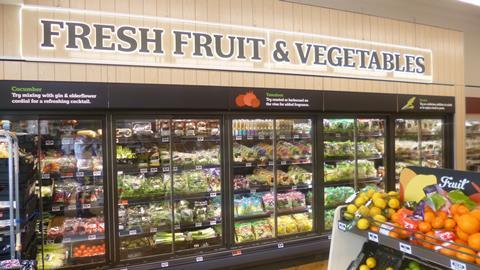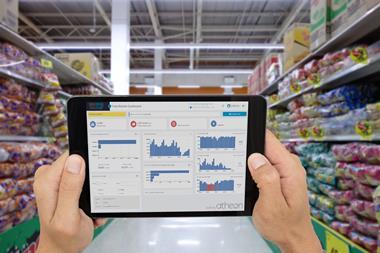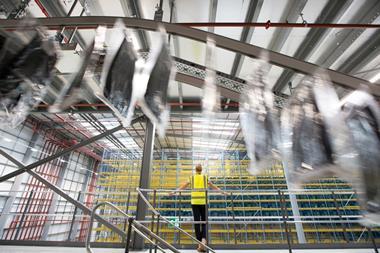To keep up with consumer demand for fresh groceries, retailers need a mobile supply chain that maximises efficiency.
When an Australian property millionaire said millennials should stop wasting money on avocado and coffee if they want to buy a house, it caused predictable outrage on Twitter.
The avocado – which has seen its price surge in recent months– has come to epitomise consumer appetite for fresh food, available on demand, all year round.
“Sales of organic produce are also on the up, so using preservatives to artificially extend shelf life is a no-no”
An avocado’s journey from Mexico to UK shop floors is a complex one, as the BBC noted in a recent episode of Supermarket Secrets, featuring DP World London Gateway.
And, with global demand for fresh produce rising 3% last year, an efficient supply chain is critical for guaranteeing freshness, reducing cost and extending shelf-life.
Sales of organic produce are also on the up, so using preservatives to artificially extend shelf life is a no-no.
Yet food waste is also a key concern, and being able to shave one or two days off transit time can make a sizeable difference.
Removing links
One solution could be found by reviewing a few links in the supply chain.
Just as many retailers have successfully rationalised store portfolios, they are now doing the same with warehousing.
Benefits can be gained by considering which links, such as journeys between ports and national distribution centres (DCs), can be removed so that goods can be in store sooner and with a later ‘best before’ date.
A high-tech fresh produce warehouse located next to a port is one possible solution.
“Benefits can be gained by considering which links can be removed so that goods can be in store sooner and with a later ‘best before’ date”
SH Pratt Group, one of Europe’s biggest produce importers, has moved first to develop such a facility, integrated with DP World London Gateway’s semi-automated port.
Last year, the port handled around 100,000 refrigerated containers, and it is handling more in 2017.
These are filled with millions of lemons, limes, bananas, avocados and pineapples, arriving from all corners of the globe.
Saving time
By landing cargo closer to such facilities and utilising faster, more reliable port operations – able to consistently deliver, even through seasonal peaks – there is huge potential for companies supplying goods across the country to maximise efficiency.
This doesn’t necessarily mean replacing DCs; it means thinking about how much time can be saved before goods reach the DC and how that could contribute to prolonging expiry dates of perishable goods.
While avocados might be replaced by a different super-food trend in the future, demand for fresh produce is unlikely to expire or fall away.
There are simple and bespoke solutions which could curb costs, emissions and food waste.
Craig Moore is senior supply chain and commercial manager at DP World London Gateway




























No comments yet